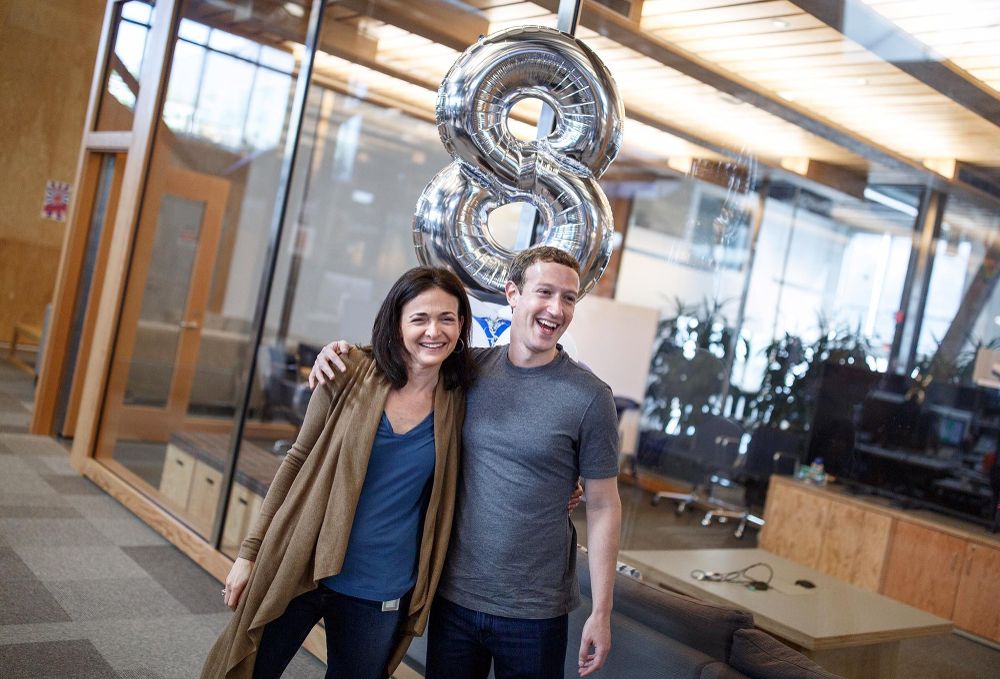The UN Special Rapporteur on promoting and protecting human rights has written to Facebook CEO Mark Zuckerberg saying the social media giant’s “overly broad” definition may lead to “over-censoring and arbitrary denial of access”.
Facebook needs to narrow its “sweeping” definition of terrorism to stop governments arbitrarily blocking legitimate opposition groups and dissenting voices, a UN Human Rights Council independent expert said in a statement on Monday.
The UN Special Rapporteur on promoting and protecting human rights, Fionnuala Ní Aoláin, while countering terrorism has written to Facebook chief Mark Zuckerberg to express concern about the company’s efforts to block “terrorists” from using its platform, according to a statement.
“The use of overly broad and imprecise definitions as the basis for regulating access to and the use of Facebook’s platform may lead to discriminatory implementation, over-censoring and arbitrary denial of access to and use of Facebook’s services,” said Ní Aoláin.
Facebook’s definition, she said, equates all non-state groups that use violence in pursuit of any goals or ends to terrorist entities.
The social media network’s polices prohibit terrorists from using its services, and it uses detection technologies and a growing team of moderators to find and remove content.
“The use of such a sweeping definition is particularly worrying in light of a number of governments seeking to stigmatise diverse forms of dissent and opposition — whether peaceful or violent — as terrorism,” Ni Aolain said.
“The definition is further at odds with international humanitarian law as it qualifies all non-state armed groups party to a non-international armed conflict as terrorists, even if these groups comply with international humanitarian law,” she stressed.
She also voiced concern over a lack of clarity about the methods Facebook uses to determine if a person belongs to a particular group, and if that person has “the opportunity to meaningfully challenge such determination.”
“The absence of any independent processes of review, oversight and monitoring of Facebook’s actions is also highly problematic,” she added.

